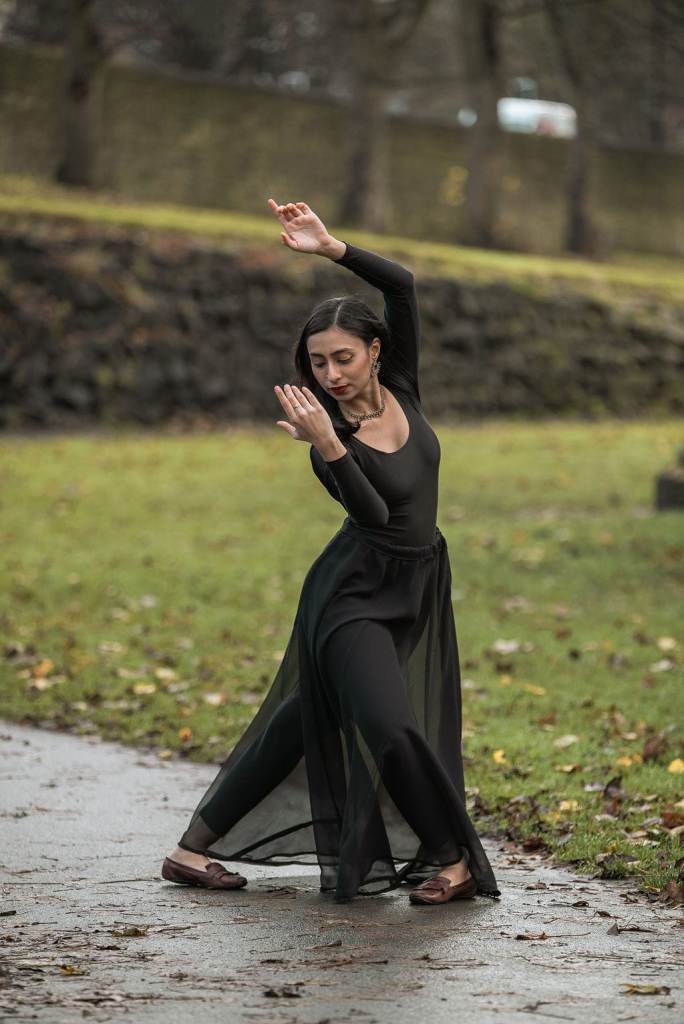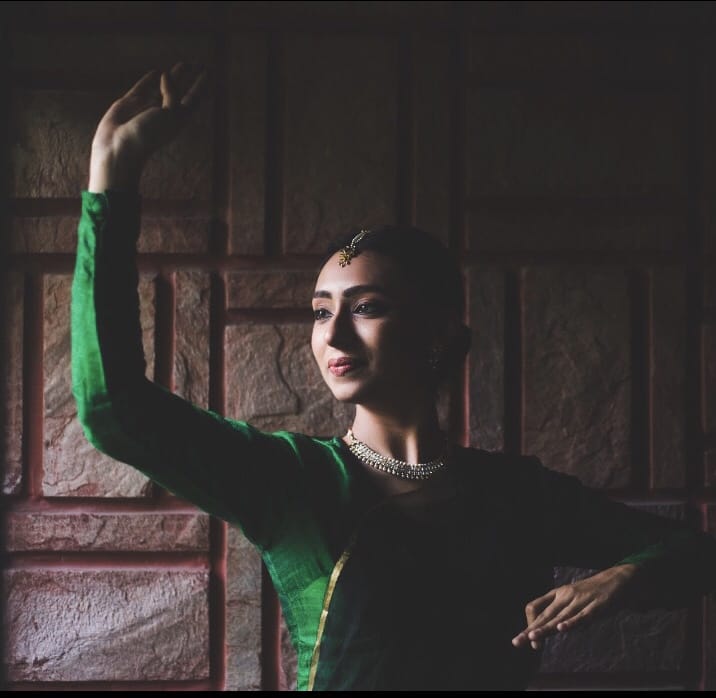It is no news that artistic interventions have a huge impact on mental well-being. Where formal, structured counselling techniques have failed, arts-based methods like Dance Movement Therapy, Music Therapy, and Drama Therapy have proved to be a breakthrough practice for many people. As these practices become more and more popular in India, it is imperative to look at its current practice critically to understand how this benefits the people.
Arts-based methods of learning
Arts-based methods were first developed in educational settings most likely to adapt existing pedagogy to students with special needs like learning disabilities, physical disabilities and intellectual disabilities. These methods were developed as an alternative to mainstream education that put importance on rote learning, examinations and written abilities. Using musical rhythms to learn how to count, and theatre exercises to practice social behaviour in everyday scenarios are just some examples that utilised artistic process in education.
Impact of Arts on Health and Fitness
The other field in which the arts have lent a unique contribution to is Health and Fitness which have been in the spotlight for the past couple of decades as our nation develops. The definition of health is no longer limited to physical health. The mental and emotional health of a person is just as important in current discourse.
Thankfully, arts-based practises like dance have proved to be just as effective when it comes to mental ailments. Engaging your mind and body in an activity can improve your focus as it forces you to be present in the moment. It can boost your mental stamina as learning something new involves repetition and a healthy challenge. Moving physically will give your energy levels a boost. It promotes creative thinking and problem-solving skills. It allows you to meet new people who may struggle with similar issues which may help feeling less alone.




 Shivani Jatar is a professional dancer, teacher and choreographer based in Leeds, UK. Originally from Mumbai, she trained extensively in Kathak before branching out to learn other disciplines. Shivani is dedicated to finding contemporary expressions of classical dance through her multidisciplinary practice.
Shivani Jatar is a professional dancer, teacher and choreographer based in Leeds, UK. Originally from Mumbai, she trained extensively in Kathak before branching out to learn other disciplines. Shivani is dedicated to finding contemporary expressions of classical dance through her multidisciplinary practice.